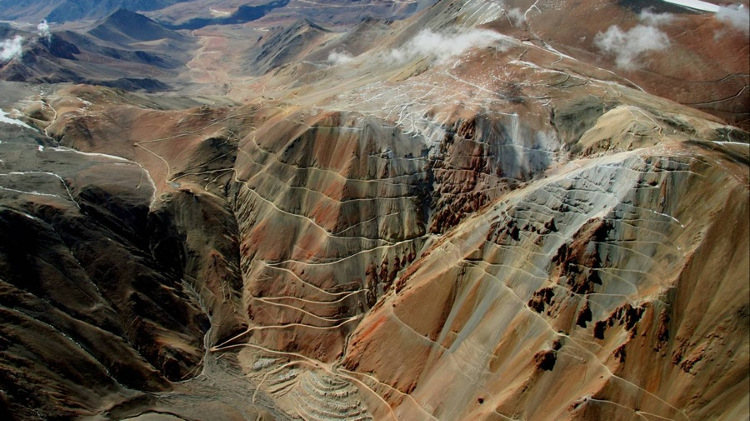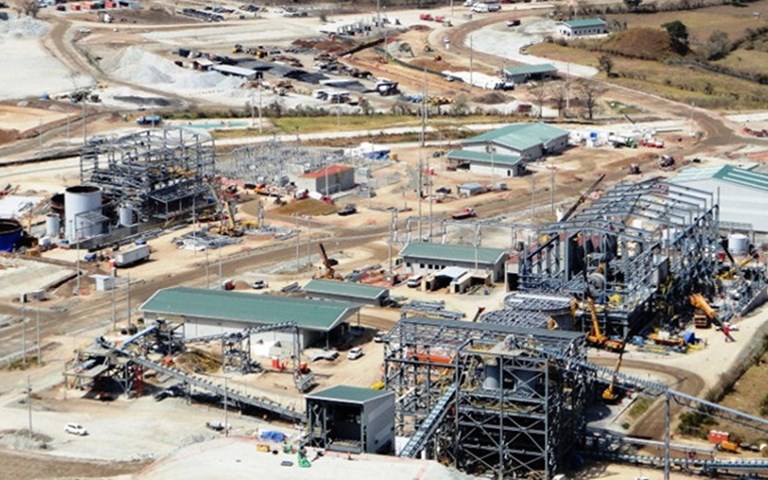Operations at Escobal, pictured, will remain suspended while Guatemala's Ministry of Energy and Mines consults with local Xinca Indigenous peoples. Courtesy of Tahoe Resources
Tahoe Resources’ CEO said the company will cooperate with the Guatemalan Constitutional Court’s requirements for it to restart production at its Escobal silver mine.
On Sept. 3, the court ruled the country’s Ministry of Energy and Mines had not adequately consulted with the local Xinca Indigenous peoples before granting Tahoe its mining license, and the ministry was ordered to carry out a consultation in compliance with the U.N. International Labor Organization’s (ILO) Convention 169, which requires a good faith consultation with Indigenous or Tribal peoples. While the consultation is being carried out, operations at Escobal will remain suspended.
While there is no clear time frame for when Escobal will be reopened, Tahoe CEO Jim Voorhees said on a Monday morning conference call that the decision provided a way to move forward.
“Clearly, the court’s decision to keep Escobal suspended during the consultation is disappointing, and frankly, was not the outcome we had expected,” Voorhees said. “With that said, now that we finally have a court decision, we have a path forward to an Escobal restart and we can plan our business accordingly.”
Tahoe, the MEM, and the Ministry of Environment will undergo a four-step consultation process in order to fulfill the requirements of the ILO 169. The stages include: reconfirming the mine’s area of influence, a pre-consultation in which all parties agree to the terms of the consultation, a formal dialogue between the Xinca peoples and Minera San Rafael and lastly submitting the results of the consultation to the Supreme Court for approval.
Related: Guatemalan mines ministry ordered to consult with Xinca Indigenous people before Tahoe’s Escobal can re-open
“We will support MEM in fostering a thorough, productive, and good faith consultation process, with the goal of restarting operations at Escobal in a manner that is mutually agreeable to the Xinca Indigenous communities included in the ILO 169 process,” Voorhees said.
In addition to the government’s consultation work, three additional independent studies will have to be performed before production can restart at the mine: a baseline health study conducted by the Ministry of Health, a disaster analysis study conducted by the National Coordinator for the Reduction of Disasters and an archaeological review conducted by the Ministry of Culture alongside experts from the University of San Carlos and the University Del Valle in Guatemala.
Voorhees claimed the company is “well positioned” to get through the consultation period without Escobal in operation, because it still has its gold operations in Canada and Peru. However, there will be further workforce reductions at Escobal, as the company aims to decrease the mine’s monthly maintenance costs to approximately $1.5 million.
If the consultation is completed successfully and Tahoe’s mining license is reinstated, Voorhees said the company expects Escobal to be restarted within three months of being granted permission.



